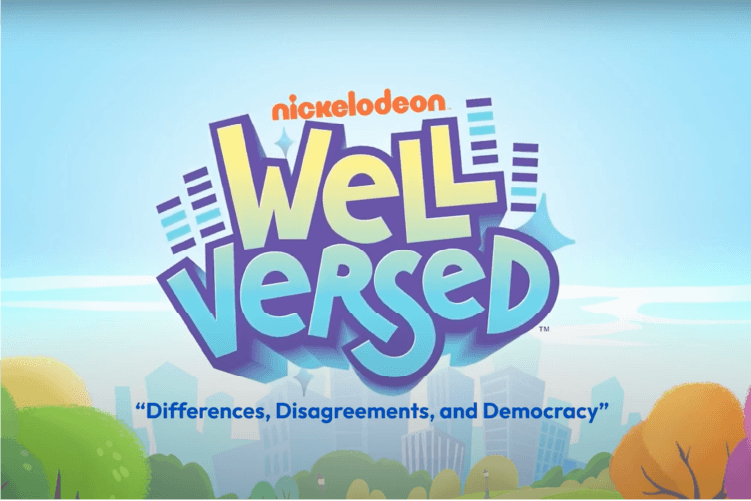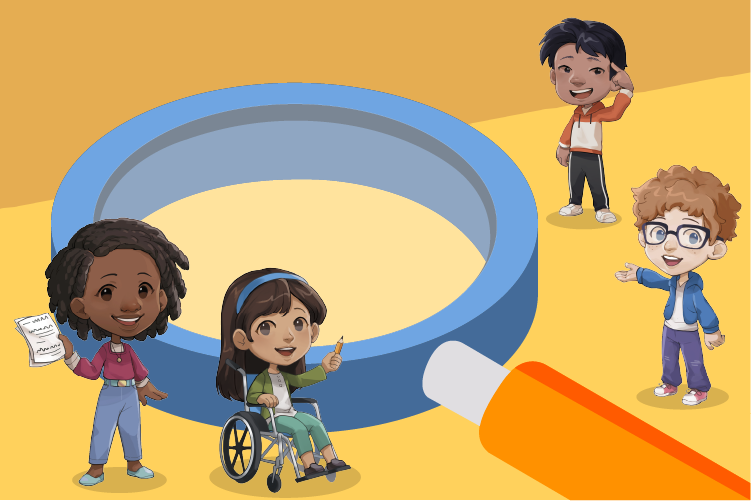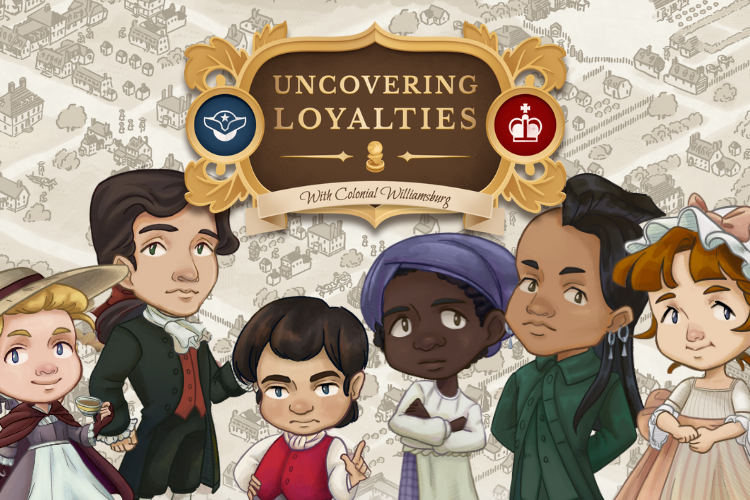- Educational Resources
-
-
Education Resources
Browse resources by type:Browse resources by:
-
-
- How to Use
-
-
Using the Resources
 Not sure how to use the resources?Explore our Resource guides:
Not sure how to use the resources?Explore our Resource guides:
-
-
- Professional Development
-
-
- FOR TEACHERS
Master skills, explore new ideas, and build your teaching toolbox with free live, recorded, and on-demand training.
FOR DISTRICTSLearn about services designed to build educator capacity and cultivate dynamic educational experiences for students.
-
-
-
- Help
-
-
-
We’ve got answers. Visit our Support Desk to learn how to set-up and use your My iCivics Account.
Explore opportunities we’ve designed to create community and build your expertise.
Still stuck? Our Support team is standing by to help. Submit a request and we’ll be in touch.
-
-
-
- About iCivics Education




